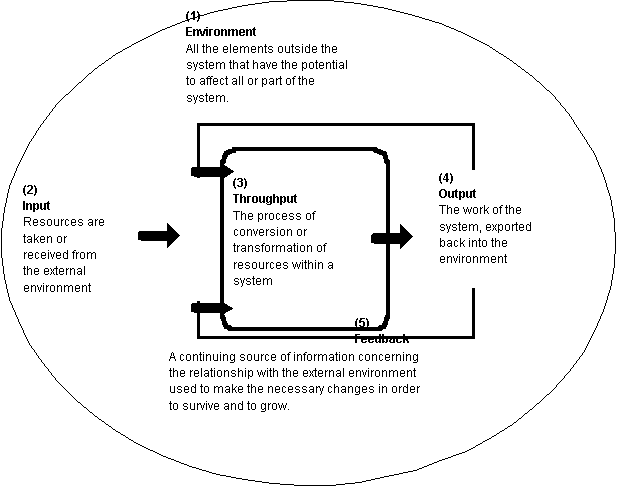I write this piece because I am guilty of everything in it and will always be. However the goal is to eschew as much of the thinking flaws presented here as possible. The phrase “thought process vs. system” is something I heard a lot this past summer with Patrick Ward. While I had similar thoughts before going to Arizona, I left with a far better appreciation for what this means in real world examples.
In any profession, developments over time inspire new direction in people’s career. Coaches find themselves delving into material they’ve ignored for years or previously would have discounted. A simple twist on old information can make it seem novel, sparking new interests and revisited application. This is a fun and exciting process for many. Yet it can be a curse if you do not have a mind filter through which to sift scientific developments and training trends through. It is furthermore a struggle if you hold to a rigid system rather than an open thought process. There is a difference.
A closed system of training is rigid. It does not allow for major changes otherwise the whole system would collapse or be forced to change in compensation. An open system, or “thought process,” can allow for the integration of newly approved ideas without compromising everything else. Sports science will always have major developments in the workings. These developments do not globally manifest instantly. It may take years before you are introduced to something already being applied elsewhere in the world for decades. Besides geography, this scenario manifests in knowledge domains as well. Another coach in the same city as you may be implementing something for years that you simply interpreted as “not necessary”, inferior to what you are currently doing, or putative. Years later you may develop a better understanding of the context, science, and/or paradigm that the other coach operates with, causing you to rethink your stance only to finally conclude that you have been missing out on some good things for a while now. You might even feel embarrassed that it took you this long to appreciate what another coach has been saying or doing years. There is nothing wrong with being a neophyte as this is a normal process that every coach goes through. It is part of our development.

Open System Model. Source: Wikipedia.com
Thus, it would be wise for a coach to take on an “open system” mindset, more importantly; it would be behooving to develop a “thought process” or open system of training that is not rigid and bound by self-imposed logistics and details. It should have a thought process that can adapt to no matter how great the change may require should you deem it worthy. For example, if I have a very specific model of training college freshman that includes 5 detailed phases of certain sets, reps, exercises, rest periods, progressions, etc. etc. and then over time I am convinced there is another “big rock” to add in my jar, however the application I’ve derived would require a restructuring of the whole “college freshman model.” Will I do it? Or will I shy away because I don’t care for the mental strain of adjusting my system? Suppose you’ve always believed training for a certain quality in athletes should be done with XYZ method using a progression of ABC. If you set your system up to be an open system rather than a closed rigid one, you will have no problem adapting when years later you discover the far greater method for developing that quality is not the XYZ method and ABC progression but something entirely different. Here you don’t have to freak out trying to change your business model or training model because it’s highly adaptable as it stands. Need more time to implement something new that you think is worthy of more time? No problem, because you have a thought process and not a rigid system of training. In every session you don’t have to have 20 minutes of this or 20 minutes of that followed by 30 minutes of something else in the name of “efficiency.” It’s ok to totally change directions if a client comes in a different state than expected. Need to change the session goals for today? No problem because your open system is adaptable and by switching training methods on the fly you don’t have to worry about throwing off the logistics of the rest of your clients. This is because you have a thought process, not a system. If your training model cannot accommodate new developments in sports science that are worthy of change do you really have an open minded system or thought process? Or do you have a closed and rigid system? Do you find yourself systematically ignoring or always explaining away things that don’t fit your system? Perhaps you are remiss in your responsibility to your athlete’s ultimate development?
In conclusion, it should go without saying here that terms “thought process” or “system” are just that – terms. They could easily semantically mean the same thing if you wanted. The point here is to appreciate the difference between rigid thinking and programming versus open mindedness and non-rigid programming that is not bound by self-imposed details or logistics. The former will leave you frustrated and the latter will allow for constant adaptability and enhancement.
Leave a comment